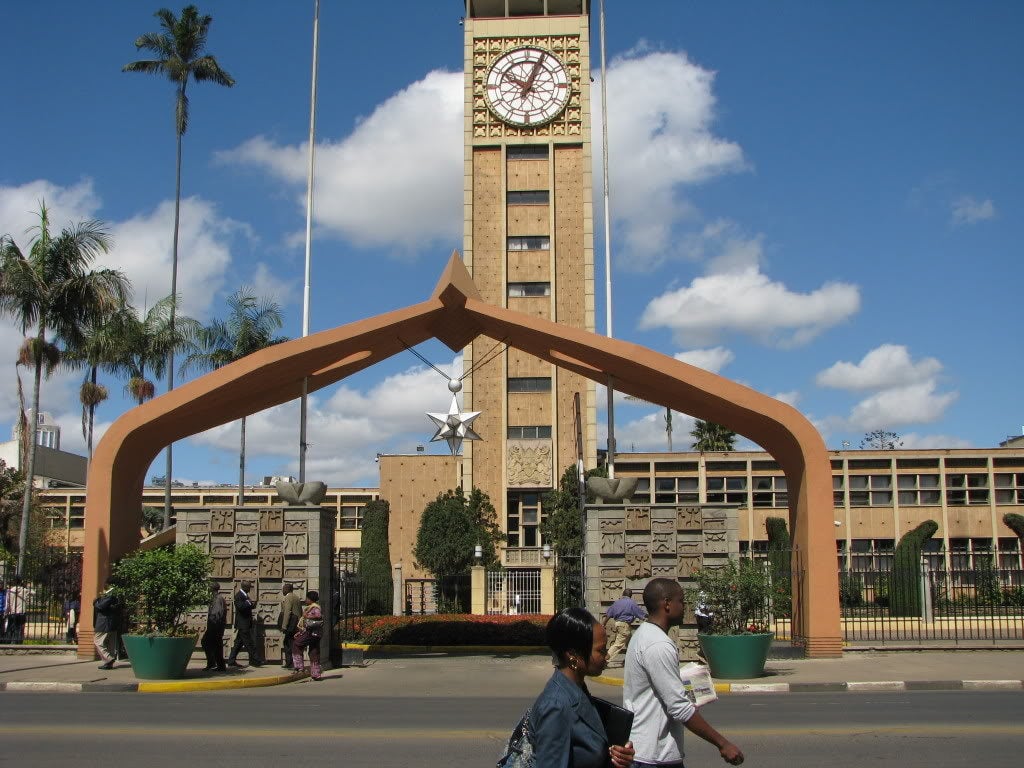Parliament asked to protect creative sector from piracy

Kenya’s creative industry is losing Sh92 billion annually in terms of opportunities and government taxes due to piracy, an industry lobby group says.
The losses have a negative knock-on effect not only on government but also on thousands of local content creators including TV producers, podcasters, cartoonists and filmmakers, according to Partners Against Piracy (PAP), a multi-stakeholder awareness programme.
“Piracy is currently devastating the creative industry in Kenya,” said Mike Strano, a PAP partner.
He said this includes Sh16.25 billion loss in taxes to government and Sh14. 31 billion to thousands of local content creators.
In addition to this, he added, is Sh12.7 billion loss of Value Added Tax, Sh2.5 billion in corporate tax and Sh1.2 billion income tax from the sector.
The creative sector in Africa is not only bullish but also diverse and according to UN Conference on Trade and Development (UNCTAD), it includes visual and performing arts, crafts, cultural festivals and paintings.
It also includes sculptures, photography, publishing, music, dance, film, radio, design, fashion, video games, digital animation, architecture, and advertising.
Economic shocks
A bill, PAP said, is before the National Assembly, seeking to weaken provisions in the law intended to protect further pilferage of revenue from a sector already reeling from the economic shocks of Covid-19 pandemic.
The proposed Copyright (Amendment) Bill 2021 is before the Gladys Wanga-led Committee on Finance and National Planning, and is seeking the repeal of sections 35 (B, C a d D) of the Copyright (Amendment) Act 2019 through public participation, sections intended tighten loopholes that lead to posting illegal content online.
“Partners Against Piracy appeals to Wanga to remove the repeal of sections 35 B, C and D from the Copyright (Amendment) Bill 2021 to avoid further losses to the creative industry and government,” said Strano.
He said repealing the sections will encourage the illegal operations involved in offering pirated content online, including crimes like tax evasion, identity theft, data ransom, money laundering and fraud.
Strano said instead of repealing these important provisions, Parliament should consider changes to make the law clearer and more effective in full cooperation with Internet Service Providers (ISPs).
“This will ensure the sustainability of Kenya’s creative industry and safety of our country from such crimes,” he added.
He said the criminal groups are also involved in the trafficking of humans, organs, drugs, weapons as well as terrorism, content killing and counterfeiting.
Anthony Karani, who chairs the Kenya Association of Music Producer said the Copyright (Amendment) Bill 2021 if enacted into law, will deny producers revenue running into hundreds of millions, as it will legalise free sharing of their videos online.
Share videos online
“The amendments being proposed in the new Bill will undo those in the Copyright (Amendment) Act 2019 meant to protect producers by enabling people to share videos online for free,” he said.
Industry analysts reckon the provisions ensuring the swift removal of illegal content will also benefit ISPs, who are now becoming owners of content and platforms themselves.
They say if repealed, the ISPs will be unable to recoup their investments since online piracy steals 99.9 per cent of their potential revenues.











